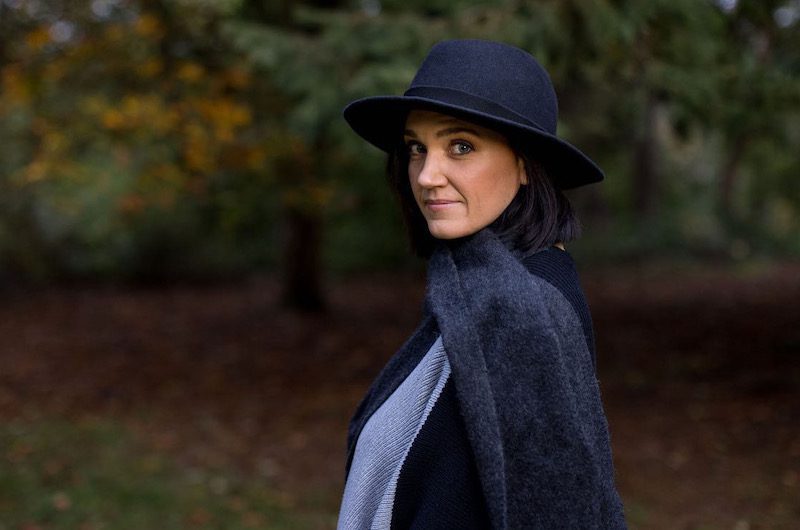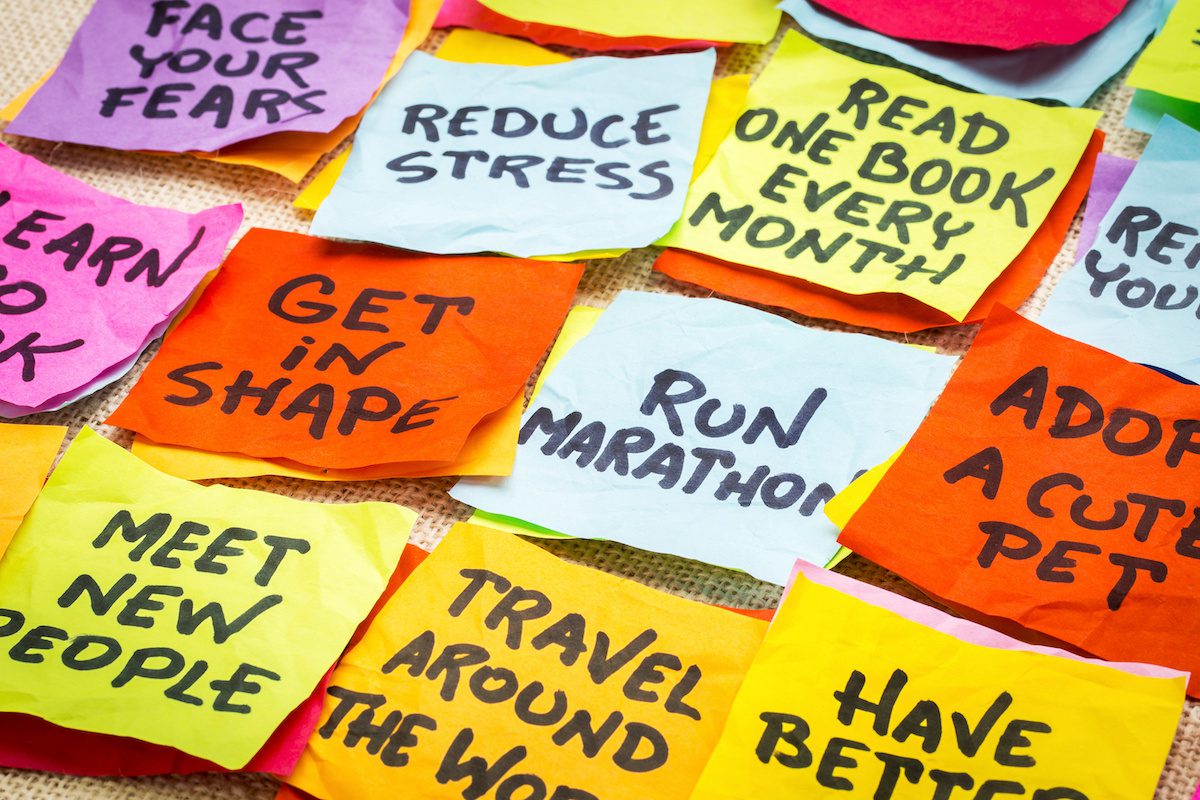You don’t need a calendar to set some new goals for your life. You do need the right mindset. We check in with an expert on how you can achieve your resolutions, any time of the year.
While certain individuals perceive the urge to start fresh as soon as the clock strikes midnight on New Year’s Eve, there are those who view the entire first month of the year as an opportunity to put resolutions into practice. On the other hand, some individuals feel no pressure to transform themselves simply because they have celebrated with Champagne and flipped the calendar page. So, where do you stand in terms of your New Year’s resolution?
Dr. Amy Lindsey, a naturopathic doctor practicing integrative medicine in Washington and California, has thoughts on the subject. During the pandemic, Lindsey built her own practice online, Craft & Clinic Naturopathic Medicine, working with women in perimenopause, as well as teaching courses on topics like nutrition, hormones and mindset. A passionate mental health advocate, she assists folks in connecting the dots between their mental and physical health as it applies to everything going on in life — especially in midlife.
Lindsey acknowledges the collective energy of renewal that takes place around the calendar New Year, and she believes it’s healthy to pursue goals and dreams of any kind if they’re important to you. But, she adds: “A lot of people fall into the trap of trying to fix themselves with their resolutions. This can be just another cycle in shame and guilt. So I always caution people to really dig deep into their intentions and create goals from a place of self-love rather than a fix.”

Lindsey finds that the societal pressure lies with a kind of uniformity or sameness. As she explains it, we are pressured into status quo, or wanting the same socially acceptable things. “Diet culture is pervasive and full of shame and judgment and definitely works this way,” she says. “The harm is in the conventional idealization of scale weight and body size. The harm lies in the pressure to be something we are not.”
She believes the ways in which we can combat theses expectations are quite revolutionary. Surprisingly, our shadows or “bad habits” often hold much wisdom. “There is a reason we are doing things the way we are doing them,” she says. “Find what is underneath them. Are we lonely? Are we sad? Do we just need a break? Keep asking yourself why you want to change something? What’s behind it? I also like to remind people that today is the first day of the rest of your life. You don’t need a New Year, a birthday or any other date in the calendar. You can always wake up each morning and build the life you want.”
Whether in our work realm, our personal life, or beyond, there are tricks to making goals more sustainable throughout the year. Lindsey uses the example of Dry January. “Many people use alcohol in order to wind down, have a break, get a treat and relax,” she says. “If we listen to the need to wind down, have a break, get a treat and relax, we find that wisdom and can look for what we personally, as individuals, are really looking for when we set a goal such as ‘Dry January.’”
However, if we simply judge drinking as “bad,” then we think of ourselves as “bad” for imbibing. This creates shame and guilt cycles, while not really knowing why we tend to drink or feel the need to stop. “If you want your goals to stick,” she says, “you need to find the wisdom that is behind any habit you are trying to break. It becomes more meaningful when you know why, and easier to stay the course.”

Lindsey also feels it’s important to remember that the goals we set are merely part of the bigger picture. “As cliché as it sounds, the journey and the process are the point,” she says. “The goals are there to have something to aim at while we work through the process and the journey for anything we are doing.”
She adds that whenever we reach an objective, we can look behind us at all the lessons learned. But gazing ahead, there are always more targets waiting — it can feel never-ending. One of her hacks? To take time out. “Sometimes we put pressure on ourselves by constricting a goal to time,” she says. “When we take time out, we can relax a little, and ironically I think it helps us get there because we have released the pressure.”
Her favorite tool, however, is making sure that steps toward the goal are achievable. “When we pendulum-swing too far, too fast, we can often give up quickly,” she says. “If we have small steps we are consistent with, and we can for sure achieve, we build self-trust. It is this trust in ourselves that sustains us.”




